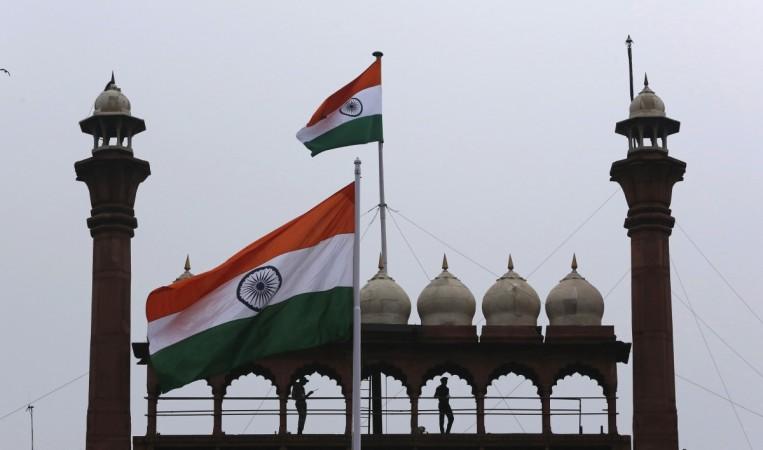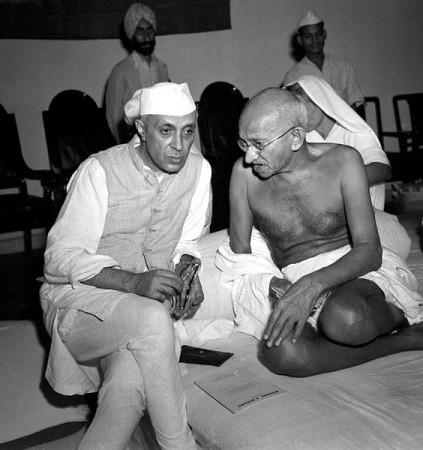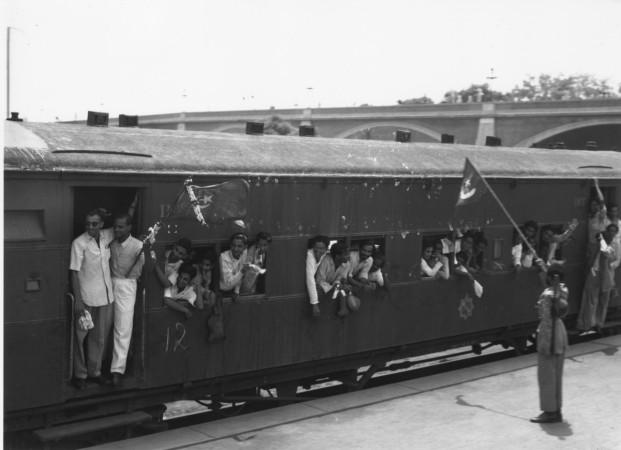
At the stroke of midnight, Jawaharlal Nehru stood in the Parliament to announce a free India on August 15, 1947. Addressing a nation full of hopeful eyes, the first Prime Minister of India delivered the speech "Tryst with Destiny" that went on to become a crucial part of our history books.
There were a series of incidents that helped India attain freedom. It was not just the Jallianwala Bagh Massacre, Quit India Movement and revolutionary movement that paved the way to making the country politically independent.
An ample number of movements, struggle and fights triggered the bigger picture. Many of which are hardly found in detail in our history text books. The contribution of different states like Tamil Nadu, Maharashtra, Bengal and others might find a place in state syllabus but a detailed picture is not presented.
Thankfully, there have been a number of authors who penned down the freedom struggle. There are several books written on the subject but there are only a few who captured the exact details and brought in different perspectives.
So, on the occasion of Independence Day, here are a few books that you got get your hands on to understand the journey to Indian independence.
India's Struggle to Independence – Bipan Chandra, Mridula Mukherjee, Aditya Mukherjee Sucheta Mahajan, KN Pannikar
Recounting the multiple series of events with an uninterrupted narrative, India's Struggle for Independence has been regarded one of the best books to read to understand the topic. A compilation of oral accounts and other primary sources, the book covers major and minor protests that played a crucial role in the downfall of the British Raj.
Freedom at Midnight – Larry Collins and Dominique Lapierre
Released in 1975, the Larry Collins and Dominique Lapierre book is easy to read and extremely informative. The book tracks the events before and after August 15, 1947, in-depth. The detailed piece focuses on the princely states, the partition of the subcontinent, the assassination of Mahatma Gandhi and the politics of Jawaharlal Nehru and Muhammad Ali Jinnah.

India Wins Freedom – Abul Kalam Azad
Another masterpiece on the struggle, India Wins Freedom accounts a graphic image of India. The writing style is so raw that it makes you feel empathetic towards the men and women who participated in the movement. Many descriptions in the book are so in-depth that they paint a perfect picture in your mind.
Liberty or Death: India's Journey to Independence and Division – Patrick French
Giving one of the best analyses on the impact of the freedom movement, Patrick French penned down this classic. The book successfully takes the readers through a series of events that acted as a catalyst for India's independence. The historical analysis also acts as an eye-opener shedding light on Gandhi-Churchill relationship and reveals political blunders committed by the Indian leaders.
The Great Partition – Yasmin Khan
Recounting the aftermath of the partition, Yasmin Khan's book sheds light on the execution and aftermath of the partition. The book highlighted the movement that watched millions march to different countries and formed the border and spoke about the internal politics and broken families.

Train to Pakistan – Khushwant Singh
Regarded as a historical novel, the book is an honest and a realistic portrayal of the horrific saga, Partition. The story of the border being drawn was told using fictional characters. The book is so popular that it was made into a movie and adapted into a play as well.
India After Gandhi - Ramachandra Guha
While authors recounted how it all happened, Ramachandra Guha penned down the aftermath of it. In India After Gandhi, the writer comprehensively covered India's conflicts, struggles and humiliations, victories and life after.

















